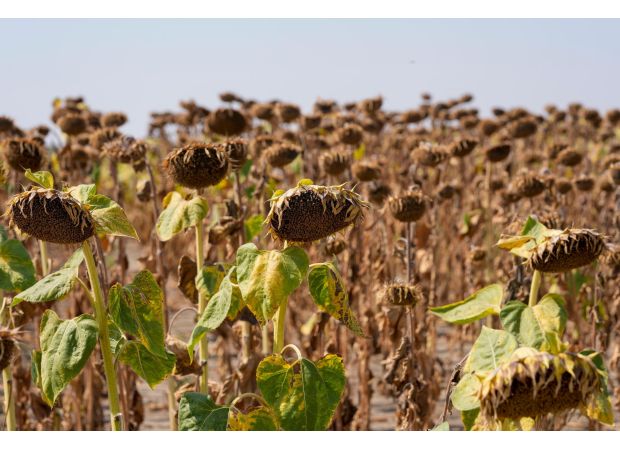Negotiations at UN end without consensus on addressing increasing threat of worldwide drought.
UN climate talks have once again ended without a solid agreement, marking the fourth failure this year to address the effects of climate change.

After two weeks of intense discussions in Riyadh, Saudi Arabia, the 197 nations in attendance were unable to reach a consensus on a plan to address the increasing severity of global droughts caused by climate change. These biennial talks, known as COP 16, were organized by a UN body focused on combating desertification and droughts. The goal was to create strong global mandates that would legally require nations to fund early warning systems and build resilient infrastructure in poorer countries, particularly in Africa where the effects of these changes are most dire.
According to a report released by the United Nations Convention to Combat Desertification, if current trends of global warming continue, nearly five billion people will be affected by the drying of Earth's lands by the end of the century, up from a quarter of the world's population today. The report also highlights the risk to farming, which can lead to food insecurity for communities worldwide.
This is the fourth time this year that UN talks aimed at addressing biodiversity loss, climate change, and plastic pollution have failed to reach a consensus or have yielded disappointing results. This has raised concerns among many nations, especially those most vulnerable to the effects of these issues.
As a result of the unsuccessful talks, the decision was made to postpone further discussions until the 2026 talks in Mongolia. UNCCD chief Ibrahim Thiaw stated that "parties need more time to agree on the best way forward to address the critical issue of drought." He also noted that this conference was "like no other" in its 30-year history, as it elevated the importance of addressing land and drought issues in the global effort to combat climate change, biodiversity loss, food insecurity, migration, and global security.
However, longer-term solutions to drought, such as reducing climate change, were not a major focus of the talks. This is concerning, as host country Saudi Arabia has previously been criticized for hindering progress on reducing emissions from fossil fuels. As one of the world's largest oil producers and exporters, with the second-largest global oil reserves, some have accused the country of prioritizing its own interests over global efforts to combat climate change.
During the conference, Saudi Arabia, along with a few other countries and international banks, pledged $2.15 billion for drought resilience. Additionally, the Arab Coordination Group, made up of 10 development banks in the Middle East, committed $10 billion by 2030 to address land degradation, desertification, and drought. These funds are intended to support 80 of the most vulnerable countries in preparing for worsening drought conditions.
However, according to the U.N., between 2007 and 2017, droughts have already cost the world $125 billion. While progress was made on other key issues, such as civil society engagement and gender equality, lead negotiator Erika Gomez from Panama acknowledged that a decision on dealing with drought was not reached.
Many experts and observers, such as Jes Weigelt from the European climate think-tank TMG Research, believe that the conference ultimately failed to deliver on its goals. He stated, "I fear, the UNCCD COP 16 has suffered the same fate as the biodiversity and climate COPs this year. It failed to deliver." Despite the disappointing outcome, it is clear that the issue of addressing drought and its impacts on vulnerable communities will continue to be a pressing concern for the international community.
As a reminder, the Associated Press' climate and environmental coverage is supported by multiple private foundations, and the AP is solely responsible for all content. To learn more about AP's standards for working with philanthropies and to see a list of supporters and funded coverage areas, visit AP.org. Let's continue to stay informed and work towards finding solutions to these critical global issues.






